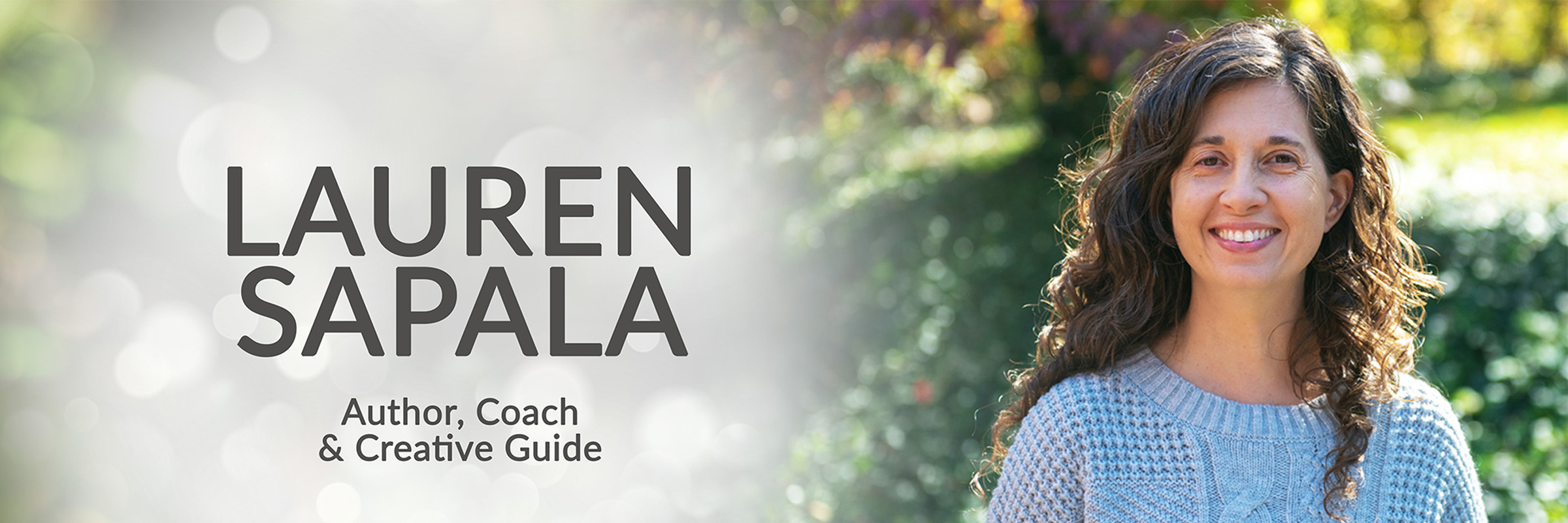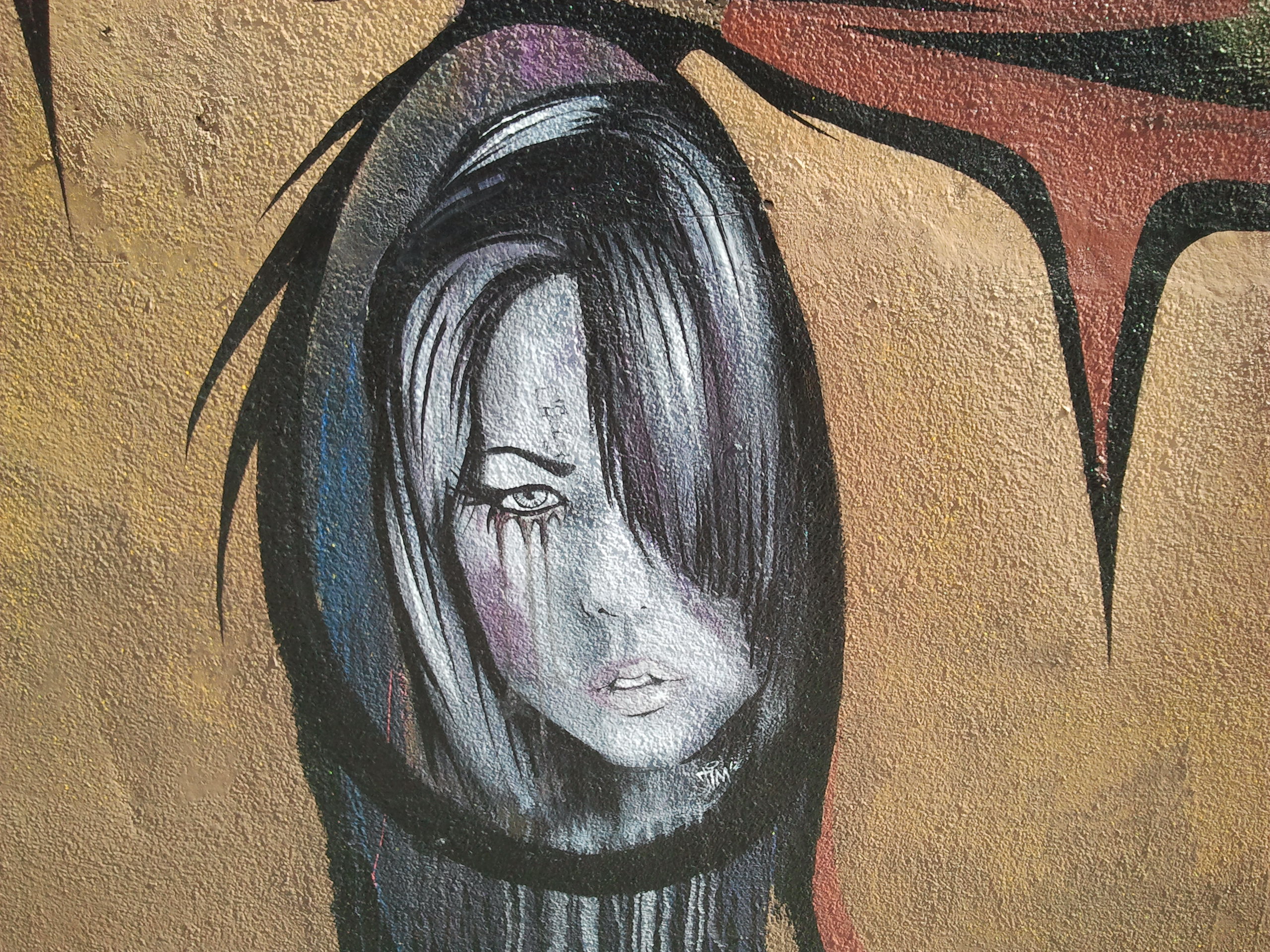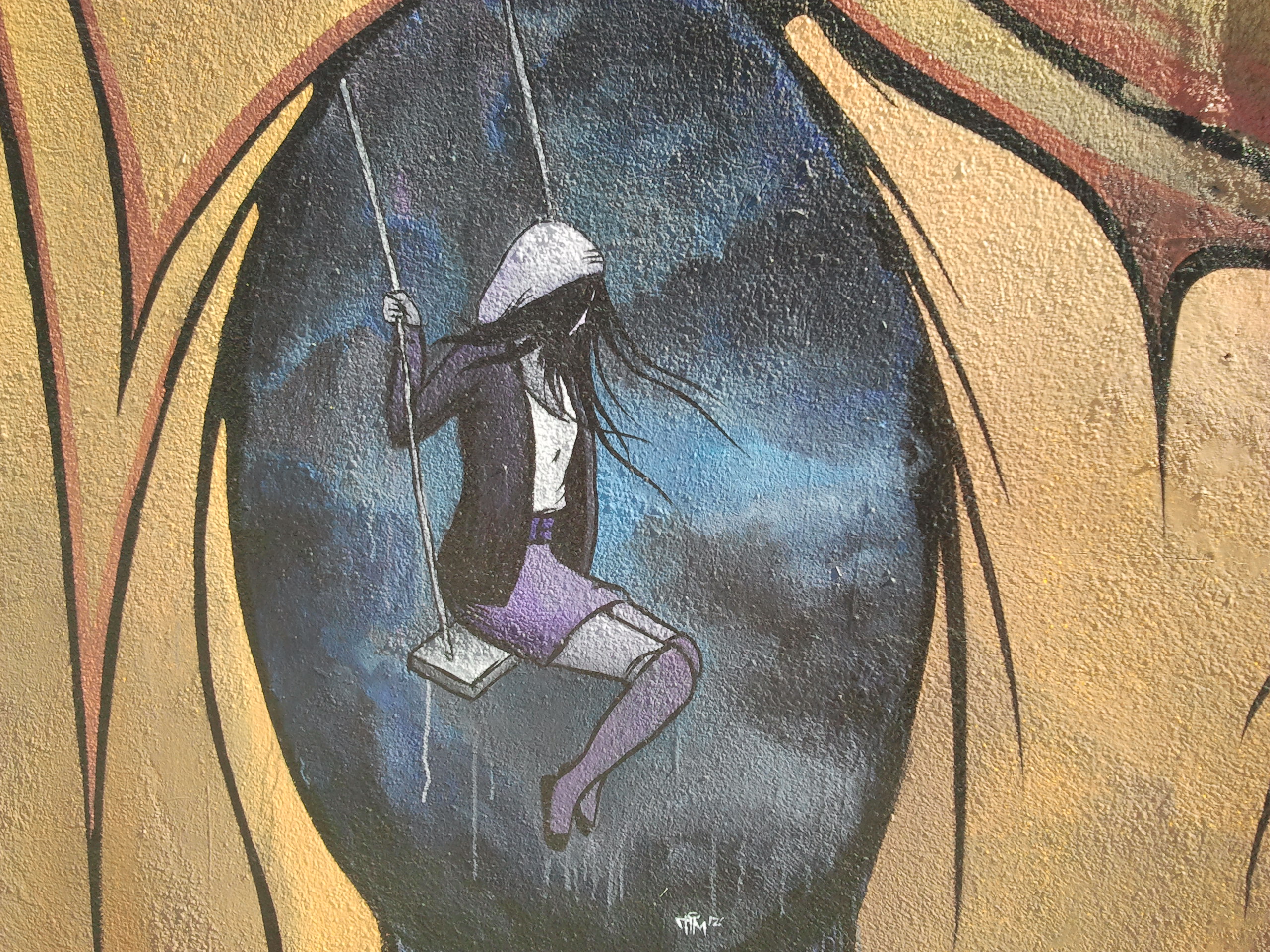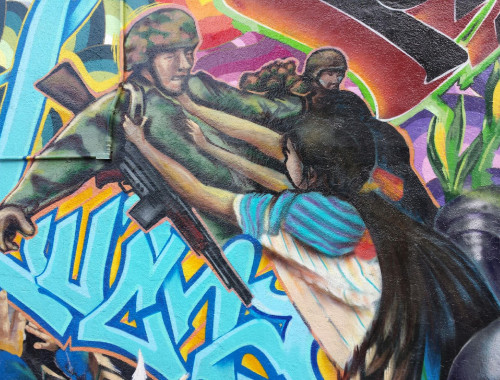
Every year around NaNoWriMo time, I see writers become more focused on their style of writing. Are they plotters? Or are they pantsers? The distinction between the two seems obvious. Plotters plot. And pantsers fly by the seat of their pants. In other words, they don’t plan anything. They make it up as they go along.
However, once we begin to look more deeply at what it means to be a pantser, the issue becomes a bit more complicated. Because the truth is, “making it up as you go along” doesn’t really explain what’s happening during the creative process for pantsers.
Some pantsers still plot, to a certain degree. They have a rough idea of where their story is going to end up and they improvise material until they reach that point. Other pantsers write to explore, meaning they don’t know what’s going to happen in their story until they are engaged in the physical act of writing it. And still others write without a plan until they hit turning points in their story, at which time they might consult with a critique partner (or group) for advice on the direction in which they should take the story next.
The point is, there are a lot of different types of pantsers out there, and many different ways to use pantsing as a writing style. But there is a specific, very particular type of pantser, who tends to struggle with writing more than any other type, and that is the intuitive writer.
It’s not that intuitive writers choose not to plot their stories, it’s that they can’t plot their stories. Every time they try, the story falls apart. The only way an intuitive writer can write with any success is to let the story and the characters take the lead and follow behind, scribbling it all down, as best they can. Intuitive writers receive fragments of the story—kind of like a computer downloading files—one at a time, and sometimes those fragments show up out of order or don’t seem to make any sense. Instead of mentally building a story idea and constructing all the necessary parts around that idea, intuitive writers get flashes of images or scenes that feel vivid and emotional. Intuitive writers have a very strong sense that their characters are real, and that the story is indescribably meaningful. They can feel the story pushing into this reality, trying to be born.
The problem is that we live in a rational society that is dominant in left-brain consciousness. There is no language available to even talk about the creative process for intuitive writers, and no tools in the online writing world that will help them. Although all intuitive writers are, technically, pantsers, not all pantsers are intuitive writers. So, many intuitive writers find themselves shepherded under the umbrella term of “pantsing” only to find themselves in the same old situation that never worked for them before, being urged to consult with critique groups on what they should do with their novel, or pushed to focus on writing every day or producing high word counts.
So, identifying with the label of pantser is a step in the right direction for intuitive writers, because at least now they know that they’re not plotters, but it’s only a small step. Because most pantsers still use pushing and a focus on productivity as their main motivational force. They are still operating primarily from left-brain consciousness in their writing practice. Intuitive writers are people who were born wired in the other direction. We are naturally dominant in right-brain consciousness, and so it’s not just a question of switching writing style, it’s a total paradigm shift in the way you perceive writing and yourself as a writer and creative being.
If you are an intuitive writer, and you continue to try to force yourself forward using rational writing methods (basically, everything you see in the online writing world today) you will get nowhere. You will continue to get bursts of inspiration for characters and stories that fizzle out and die when you try to come up with an outline or “decide” where the story should go next. If you try traditional pantsing, it will feel better to you, at first, because you will be working with fragments that have already been downloaded into your system and have been sitting there ripening, waiting for you to start writing again. But then, you will most likely keep pushing, urging yourself to write faster than your natural rhythm as an intuitive writer dictates you should, and you will run dry again. And fall into frustration, and despair, again.
This is the cycle I have seen so many intuitive writers go through when trying to write in the mainstream (read: rational) way. It just doesn’t work for us.
The only solution is to become comfortable with yourself as an intuitive writer, and get to know what that means for you. Maybe you write slowly. Super slowly. Maybe you’re extremely productive in the spring and summer, but you grow a bit depressed and lethargic in the winter and are very uninspired. Maybe music is the way you bring your characters through, or meditation, or visiting the locations they live in. Whatever it is for you, if you’re an intuitive writer, chances are that it’s going to be unconventional, out-of-the-box, and it will probably look weird to other people. That’s okay. It doesn’t matter what other people think, or if they approve.
The only thing that matters is what works for you.
Lauren Sapala is the author of The INFJ Writer and The INFJ Revolution. She is also currently offering a free copy of her book on creative marketing for INFJ and INFP writers to anyone who signs up for her newsletter. SIGN UP HERE to get your free copy of Firefly Magic: Heart Powered Marketing for Highly Sensitive Writers.



